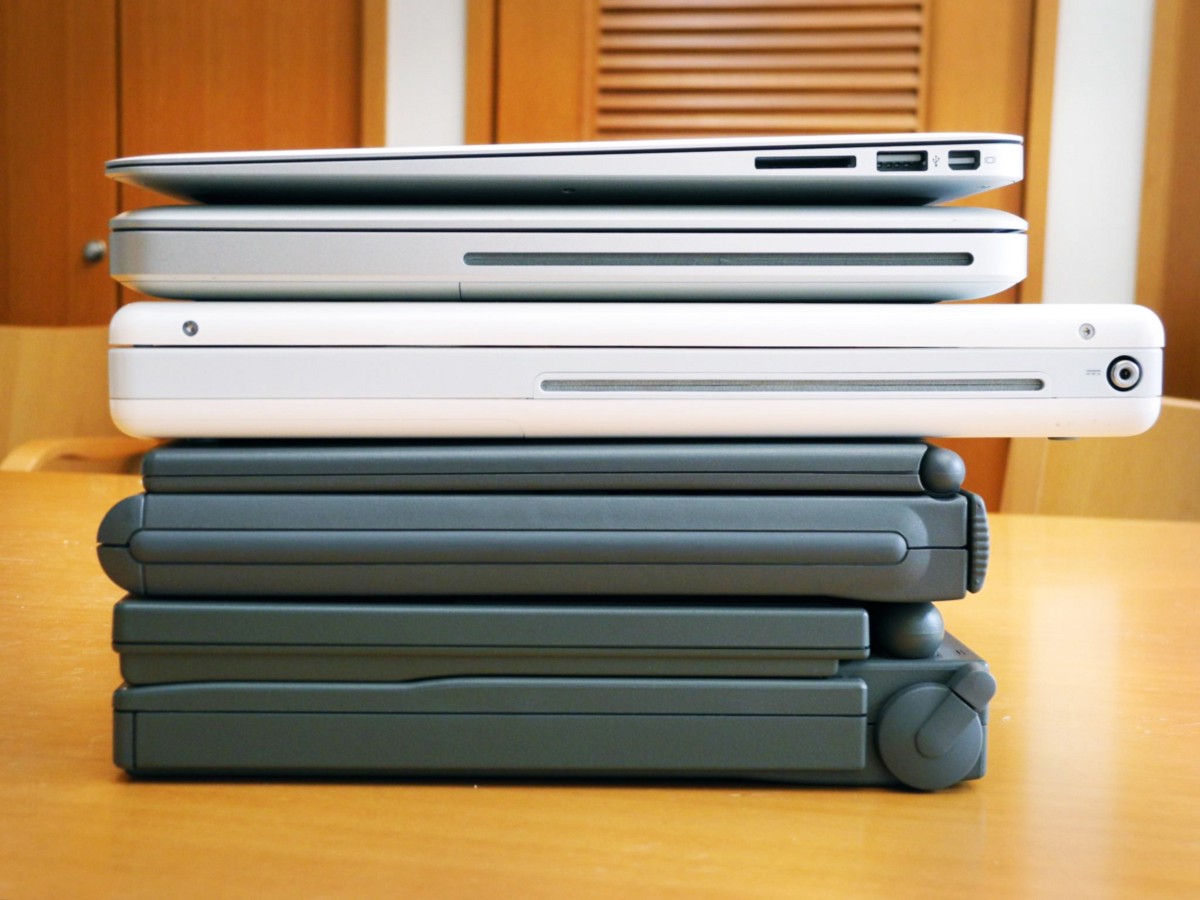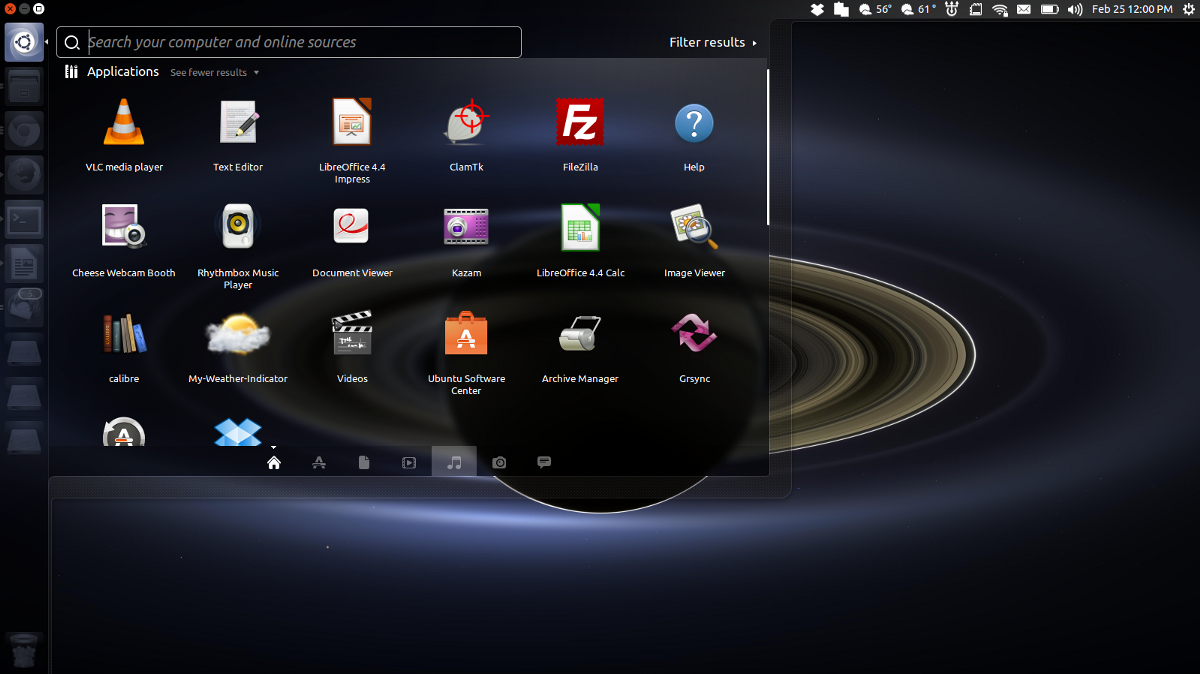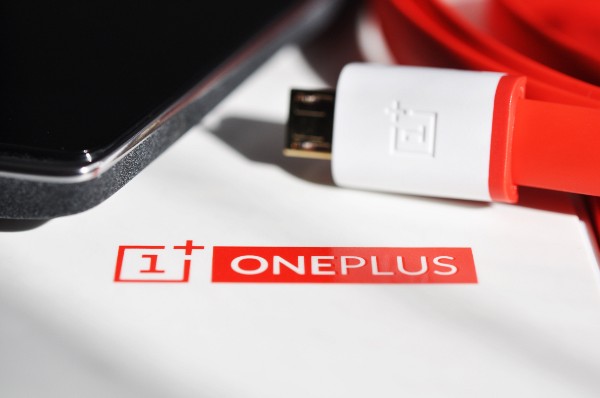Why I say goodbye to Apple, Google and Microsoft

When I started writing technology articles in the mid-90s, the Internet just started to go to the masses. Then I advised readers not to stick in political and even several religious battles in defense of this or that technological platform. I called to treat technology as a tool and use it for its intended purpose.
So why am I typing this article on a laptop with GNU / Linux, a free OS, and not on a computer running Apple or Windows? And why are all my tablet phones running Cyanogenmod, an Android branch concentrating on privacy?
')
First, because on such a laptop I can do my job. Play games. Use the browser. Alternative platforms are already good enough to do everything I need.
But more importantly - I switched to them, because I changed my opinion about the technology policy. I am now sure that my instincts and life values must be invested in the technologies used. These values come from simple thought: we lose control over the tools that initially promised us equal opportunities in innovation and self-expression. It needs to stop.
Control becomes centralized, and powerful companies and governments create bottlenecks for our operations. They destroy privacy, limit freedom of expression, and lock culture and commerce. Too often we allow them to do this, we sell freedom for convenience, but at the same time a lot of different things are done without our knowledge, not to mention our permission. And the tools that I try to use whenever possible are based on the values of society, not of corporations.

And I am not at the mercy of paranoid fantasies. In the technical sphere, I am reproducing the principles that have led many people to switch to “slow food”, become vegetarians, reduce greenhouse gas emissions, or deal only with socially responsible companies. And I'm not going to preach. But if I manage to convince just a handful of people to join me, I will be very happy. And I understand best of all that I am still very far from technical freedom. Perhaps this is not achievable in the near future. But this is a journey worth making. And if enough people go to it, then we can change the world.
Part of the change in my opinion is the rejection of attempts to obtain full control by governments and corporations. If we believe in freedom, we must take risks for its sake. If we believe in competition, sometimes society must intervene in it and check whether everything is fair.

One way to intervene to verify integrity is to enforce laws to organize fair competition. For example, antitrust laws that prevent companies from enjoying a dominant position. A classic example would be Microsoft in the 90s, which outstripped IBM and everyone else, and began to dominate the market for operating systems and office software.
In many cases, their software was not the best, but it was still more than enough. Business tactics of this company varied from brilliant to terrible, and sometimes they were both. The Clinton administration didn’t have enough spirit at first, but then they finally got together and realized that it was necessary to ban Microsoft from dishonestly pushing its OS and its office products to the market, and the antitrust laws of the late 1990s helped develop innovations. Then, for example, Google appeared.

I declared my own “declaration of independence” from a software company - to the extent that it was possible to do at that time. I returned to the Apple Macintosh, which at that time was running a good OS and on excellent hardware. And besides the periodic use of Microsoft Office, I freed myself from paying for the services of a company that I did not respect. With Apple, staying was easy, as MacOS and Mac were the best at the time. And many, like me, discovered that the Windows ecosystem brought them more problems than good.
At press conferences in Silicon Valley in the years 2000-2005, I was in the minority with my MacBook. After 10 years, almost all moved to them. Apple has done a great job with technology over the past 15 years. At that time, I said that while Windows always got in my way, Mac OS managed not to obstruct me. And I have advertised it for years to anyone who was willing to listen.
And now at conferences I’m almost not alone using a Mac or iPad. What happened? Three things: the expanding influence of Apple and the new generation of technology giants; rethinking of my geek striving for social justice; the emergence of normal alternatives.

In the days of Steve Jobs, Apple reflected his personality. Basically it was good, because he always demanded to approach perfection. But then the company revolutionized mobile computers and became the market leader. It turned into the company that I prefer not to support - it became obsessed with user, developer and press control. I would even say dangerous for the future of open networks and user-controlled technologies.
At the same time, Google, Facebook and others began to turn into new centers of influence of a different kind: centralized entities, for which user tracking is a business model. They take privacy away from us for convenience. On mobile devices and even computers that were tools for release, more and more restrictions on their use began to appear.
I sometimes played around with Linux and other alternatives, and usually found this fun tedious and inoperable. But I have always followed the statements of such wonderful people as Richard Stallman or Cory Doctorow, from whom it followed that we all follow a very dangerous path. I once asked Corey about how he likes to use Linux as the main OS. He said that it is important for him to do what he believes. And to some extent, the system worked well.
So about three years ago I installed one of the Ubuntu variants on a Lenovo ThinkPad notebook, and began using the system as the main one. I got confused about a month, made typos, and missed some Mac applications. But I found that Linux software works at least fairly well, and sometimes better, than competitors on Mac and Windows. And once I realized that I had adapted to the new system. Now I’m wrong using a Mac.
I had several different ThinkPad models. Now this is the T440, in my opinion, the best combination in size, weight, upgradeability, support and price. Ubuntu supports a lot of different hardware, but the ThinkPad is especially good. You can also buy computers with Linux preinstalled, including several Dell laptops. And after the scandal with Lenovo, in which they offended Windows users, I am glad that I do not use Windows, and that I have alternatives for hardware.

Almost all the software that I need is for Linux, even if sometimes it is not so pretty. LibreOffice is an adequate replacement for Microsoft Office in my work. Mozilla Thunderbird is enough to work with mail. Almost all major browsers are available on Linux. I mainly use Mozilla Firefox.
Some things I can not do well enough - for example, complex screening. This is when you need to record your actions on the video, add voice comments, perhaps insert a small video in the window, and increase the right places on the screen. I would pay for a good program of this kind, but it simply does not exist. To do this, I switch back to Windows, which comes with the ThinkPad, and run Camtasia.
With the growing popularity of mobile devices, I had to rethink my attitude to this platform. It still seems to me that the iPhone is the best combination of software and hardware, but I don’t use it because of Apple's manic control. I settled on Android, which is more open and easier to modify.
But Google’s influence worries me too, although I trust them more than others. The Google Android is good, but tracking the user is too much built into the system. And the software developers were addicted to collecting private data.
But alternative teams began to appear with Android-based projects, taking software as a basis and improving it. In particular, these changes give much more control over privacy settings than is possible in a standard android.
One of the best projects of this kind is Cyanogenmod. I saw it pre-installed on one of the OnePlus One phones, and then installed it on one of the phones, which was originally Android. And I not only use the improved Security Protection settings, but also the encrypted messages by default.

Cyanogenmod grew out of a simple group of volunteers. Some of the founders separated and organized a separate non-profit company funded by investors from Silicon Valley. I share the fears of many enthusiasts that this fact will spoil Cyanogen and lead him away from the concept of “everything under the control of the user”. If this happens, I can try one of the many other alternative versions of Android.
My internal computer fan (and I have had computers since the 70s) is enjoying everything, at least until it starts to annoy me. I like to understand the technologies I use. Others need something that just works - I wish it was so simple. The situation is improving: technologies are becoming simpler, more reliable and turning into quite good ones. But getting control of the technology back still requires effort.
I admit, after all that I have done to become more independent: I still use some software from Microsoft and Google. It makes me a bit of a hypocrite. Google Maps is an indispensable thing on a smartphone (Open Street Map is a cool project, but not enough). Sometimes I need to do something in Windows. The path to technical freedom has many branches, since there are nuances everywhere.
Therefore, I’m still looking for ways to reduce my dependence on various institutions. One of my old tablets works under Cyanogenmod, and on it I test the possibility of existence less dependent on Google.
It is suitable for home use, and it becomes better as you find various free software (mainly through the F-Droid library). I even installed the tablet version of Ubuntu, but it’s still too raw. Maybe Firefox OS will achieve something.

But I don’t hope that open software and open hardware will become the norm for most users in the near future. And maybe they will never be - despite the fact that open software provides the Internet.
Our economy is adapting to solutions offered by social organizations. We have to admit that while people prefer convenience to control. More and more people are aware of the shortcomings that come with this deal, and one fine day we all recognize it as devilish.
I hope that manufacturers will increasingly see the benefits of freeing their users from proprietary controls. Therefore, I was delighted when Dell, which used to be in harness with Microsoft, offered a laptop running Linux. If smaller players in the industry themselves are not happy to be pawns of software companies and mobile operators, they also have opportunities to make a difference.
In the meantime, I'm trying to convince more people to find ways to gain control over themselves. To achieve freedom you need to spend power, but it's worth it. I hope you will consider joining me on my journey.
Source: https://habr.com/ru/post/368737/
All Articles